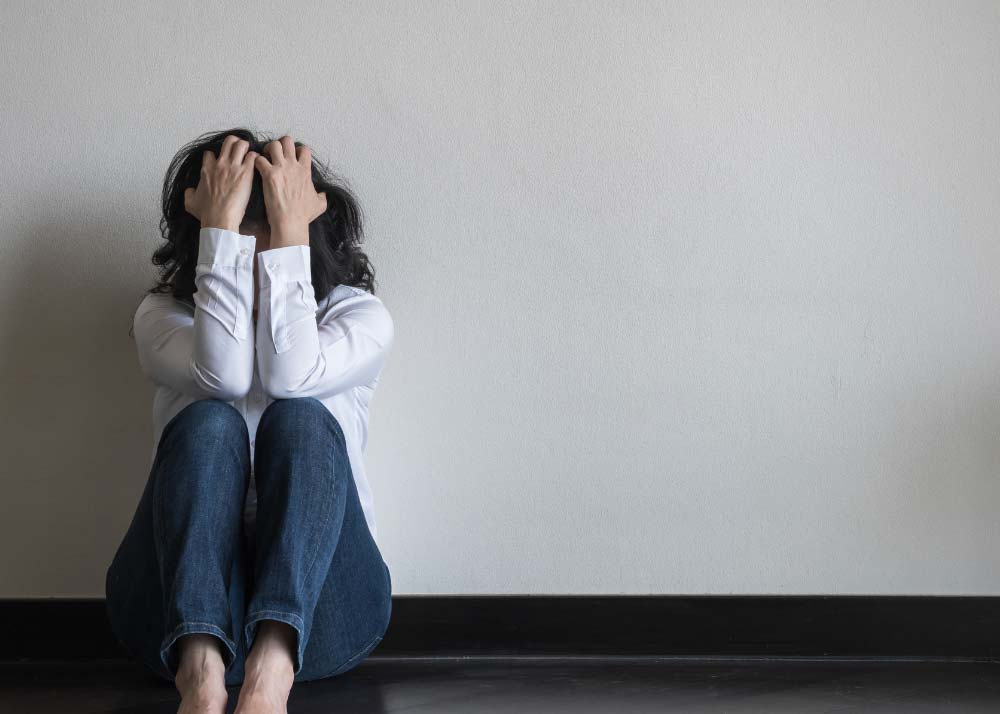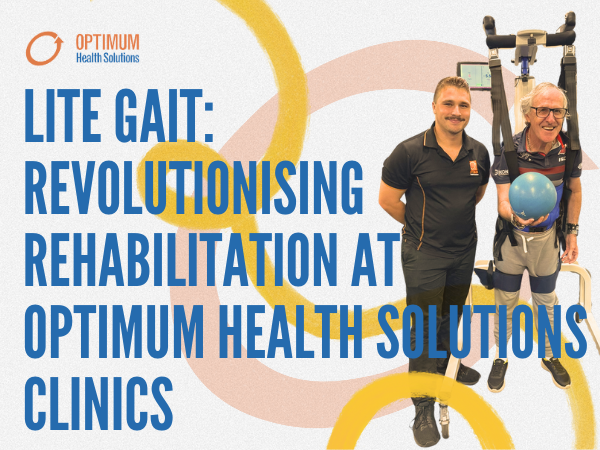According to Australia’s Biggest Health Check, 51 per cent of the population would like to get more sleep! But with such busy work and social lives we find that we constantly play a cat and mouse game with our sleeping pattern. And according to a study in Current Biology, it’s a phenomenon that affects 70 per cent of the population.
Issues Derived from Sleep Deprivation
The issues from lack of sleep including fatigue, poor concentration and irritability – escalate into much bigger issues the longer you allow your sleep deprivation to continue. Ignoring your circadian rhythm not only means you’ll have trouble falling asleep when you want to, but everything from your career to your memory to your figure will take a hit, too. Social jet lag (occurs when you have different sleep patterns on weekends to your normal working week, this can be more or less sleep for different people) may also impede decision-making, restrict brain-cell production and muddle your long-term memory. Having an impaired circadian rhythm can short-circuit your neurochemical balance and put you at risk for mental health issues, including depression and seasonal affective disorder.
Equally disturbing is the impact social jet lag has on the rest of your body. It can accelerate ageing by shifting hormone production levels to those typically seen in senior citizens. Furthermore, no matter how many hours you log at the gym, sleep deprivation adds on the kilos by zapping glucose tolerance (your ability to metabolize sugars) and ramping up hunger hormones that make you feel starved. The aforementioned Current Biology study found that for every hour of social jet lag – even sleeping in a bit later than normal on weekends – can increase your risk of becoming overweight by 33 per cent.
Messing with your natural sleep needs also stalls your immune system’s production of infection-fighting proteins called cytokines, leaving you more susceptible to common colds and flus. And severe sleep deficits can seriously compound the problem, upping your risk for chronic ailments like high blood pressure, heart disease and diabetes.
4 ways sleeping less affects your weight loss and health
Sleep less = burn less:
In a study published in the American Journal of Clinical Nutrition, When the men were sleep-deprived, their general energy expenditure was 5% less than it was when they got a good night’s sleep, and their post-meal energy expenditure was 20% less.
Sleep less = eat more.
In research presented at the American Heart Association’s 2011 Scientific Sessions, it was shown that women who got only 4 hours of sleep at night ate 329 additional calories the next day than they did after they slept nine hours. Men ate 263 calories more.
Sleep less = crave more.
Insufficient sleep raises the levels of ghrelin, the hormone that tells you to eat. When it comes to weight gain and loss, this hormone plays a leading role. Ghrelin’s job is to boost your appetite, increase fat production, and make your body grow. Lack of sleep also lowers levels of leptin, the hormone that says, “I’m full; put the fork down.”
Sleep less = hang on to fat more.
Lack of sleep may also affect the kind of weight you lose. In another study, researchers followed 100 overweight but healthy subjects who were placed on a balanced diet, half getting decent sleep and the other half shortened sleep. Those with more sleep lost 3.1 pounds of fat , whereas their counterparts only lost 1.3 pounds. Those who got more sleep reported less hunger, which makes sense: When they got enough sleep, their ghrelin levels stayed the same. Since ghrelin also promotes the retention of fat, researchers theorize that a lack of sleep explains why the non-sleepers held on to body fat. This happens because the diet-unfriendly hormone reduces the number of calories you burn off and increases glucose production.
5 ways to increase improve your sleeping patterns
Put away electronic items! Do not sit up in bed writing reports, shopping online, or paying bills. Learn to switch off for more shut eye! Set yourself a sleep schedule and stick to it. No matter how Busy you are make time for sleep Avoid Caffeine, Alcohol, Nicotine, and Other Chemicals that Interfere with Sleep Turn Your Bedroom into a Sleep-Inducing Environment. A quiet, dark, and cool environment can help promote sound slumber. In the mornings do the opposite. Natural light keeps your internal clock on a healthy sleep-wake cycle. So let in the light first thing in the morning and get out of the office for a sun break during the day.








